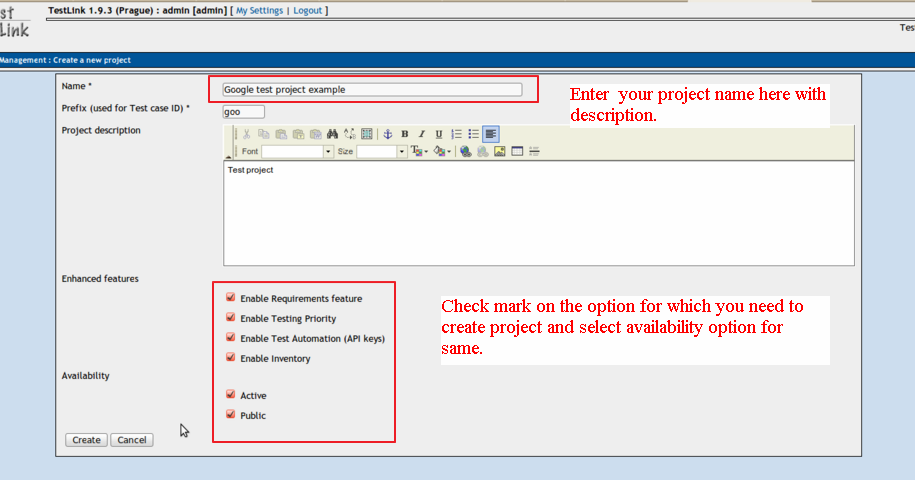
Additionally, differences appeared between the role of assessment and its relation to future aspirations, as well as the role of the parents. The analysis of the open-ended questions raised the issues of teacher fairness, learner autonomy, and feedback. The self-report inventory included statements based on four main conceptions of assessment: improvement, external factors, affect/benefit, and irrelevance, while open-ended questions were also included. This study investigated students’ perceptions of assessment through an adapted version of the “Students’ Conceptions of Assessment” inventory, and it explored if the responses on each conception differ between the groups. In the first Sino–Finnish programme, 293 Finnish and Chinese students participated in the same English for Specific Purposes (ESP) course. In recent years, an increasing number of western universities have established their campuses or “dual” programmes in China.
Link it assessment how to#
Findings of the current study offer insights for teachers regarding how to make classroom assessment practices ethical based on diverse needs of stakeholders involved in assessment.Īssessment is viewed as an internal and pivotal part of learning, where cultural factors, previous experiences, and future aspirations affect learners’ perceptions. student needs) were associated with their perceptions. Qualitative analyses showed that conflicting needs of different stakeholders in classroom assessment (i.e., student needs vs. Quantitative analyses indicated that students' gender, grade level, major, and program were associated with their perceptions of the ethicality of multiple assessment practices (i.e., multiple assessment, surprise items, considering effort and attendance in grading, and giving feedback). In the qualitative phase, 579 participants responded to the open-ended questions concerning their justification of the ethicality of the individual assessment situations.

A sample of 1996 undergraduate students enrolled in 177 colleges and universities in China participated in the quantitative phase of the study to complete a survey measuring students' perceptions regarding the ethicality of classroom assessment. A mixed design research method was used to examine factors associated with students' perceptions of the ethicality of classroom assessment practices. These findings are consistent with self‐regulation and formative assessment theories, such that students who conceive of assessment as a means of taking responsibility for their learning (i.e., assessment makes me accountable) will demonstrate increased educational outcomes.Īlthough studies have been conducted on educators' perceptions of assessment practices, few studies explored students' perceptions of the ethical issues in classroom assessment. The conception that assessment makes students accountable loaded positively on achievement while the three other conceptions (i.e., assessment makes schools accountable, assessment is enjoyable, and assessment is ignored) had negative loadings on achievement. A path‐model linking the four correlated conceptions with student achievement in reading, while taking into account student ethnicity, student sex, and student year, had good psychometric properties. Four inter‐correlated conceptions based on 11 items were found with good psychometric properties.

A study in New Zealand of 3469 secondary school students’ conceptions of assessment used a self‐report inventory and scores from a standardised curriculum‐based assessment of reading comprehension. Students conceive of assessment in at least four major ways (i.e., assessment makes students accountable assessment is irrelevant because it is bad or unfair assessment improves the quality of learning and assessment is enjoyable).


 0 kommentar(er)
0 kommentar(er)
